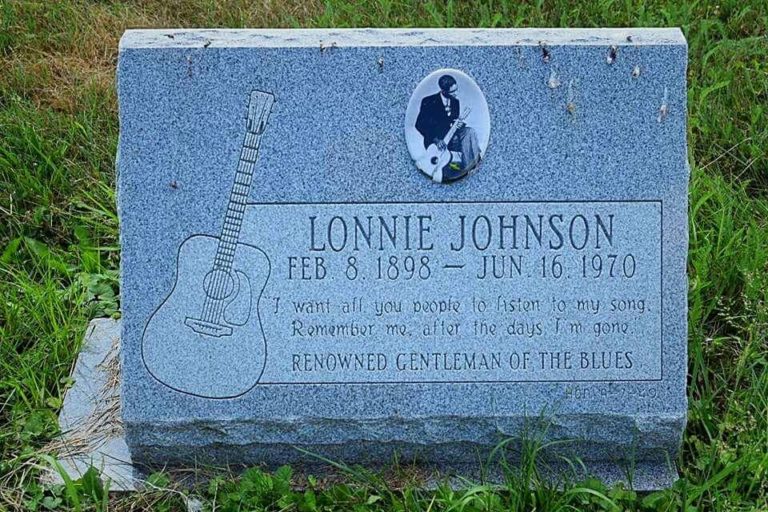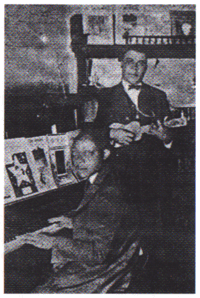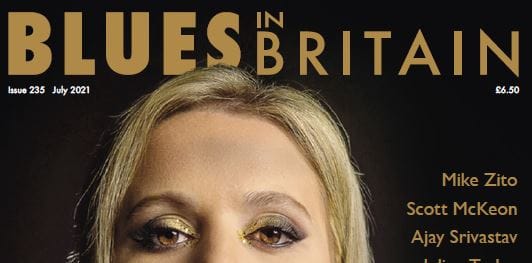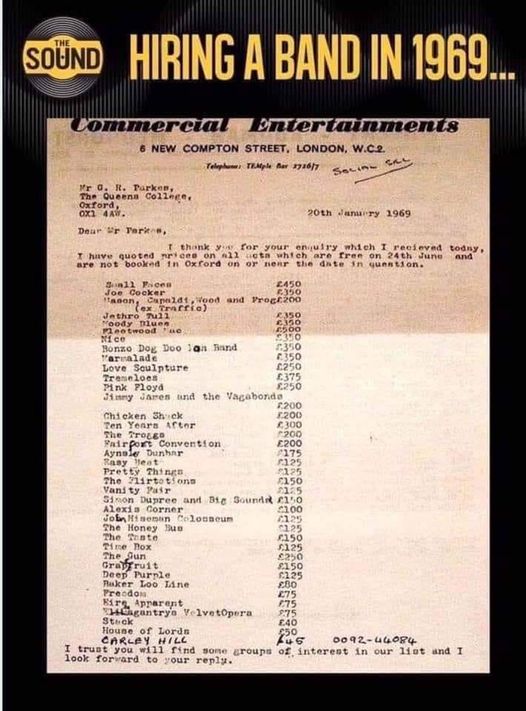Clapton fires Stones on new album.
Eric Clapton guests on guitar, says Richards.
11 blues tracks laid down for new album, says Wood.
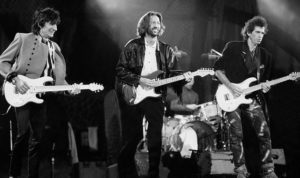
It’s a rare blues fan who hasn’t imagined the scintillating blues of Eric Clapton’s electric guitar accompanying those vintage British rock and blues icons, the Rolling Stones. The good news, blues lovers, is our wait will be finally over this northern autumn, as revealed by Ronnie Wood in December. But it took Keith Richards to break the Clapton news over the weekend.
Wood had earlier promised the album would include songs by the Louisiana harmonica player, Little Walter, and Mississippi blues singer/guitarist, Howlin’ Wolf.
Both of these African-American blues icons, of course, later moved north, where they contributed enormously to the second era of Chicago Blues. This newly electrified form of blues, in the 1950s, heavily influenced the English bands of the early 1960s, like the Stones, and the Jeff Beck Group, which included those ‘terrible twins’ Ronnie Wood and Rod Stewart.

But back to the new album. As Richards told radio BBC 6 Music: “The titles I can’t reveal at the moment, for the reason that I can’t quite remember them, and I haven’t got a list with me. But, as I say, (there are) a lot of Chicago blues.”
You’ll have to excuse Keith’s, forgetfulness. The old riff-maker is 72, after all, and forgetfulness is an affliction that gets worse with age, as all of us over 40 will confirm. Clapton, 71, is no spring chicken, either, and recently admitted to suffering incurable damage to his nervous system. So if Eric’s guitar playing isn’t up to the inspired shredding of his younger days, that’s the reason. Let’s hope this isn’t so.
The former Bluesbreaker, Yardbirds and Cream blues guitarist, “dropped by for a couple of numbers”, while the Stones were recording the new album, Richards said.
“It was great fun to record. It was like old times down in Richmond.”
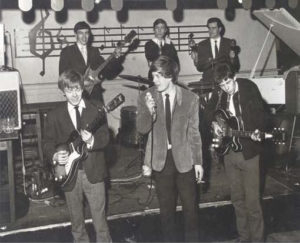
That’s Richmond upon Thames, that genteel borough on the outskirts of London where, at the dawn of the sixties, the Stones were house band at the Crawdaddy Club, the London equivalent of Liverpool’s Cavern.
The new album will be the first the Rolling Stones have recorded in the studio since 2005’s ‘A Bigger Bang’.

According to British newspapers, Clapton and the Stones ran into each other while both were recording at a West London recording studio, and have since recorded two songs together with producer Don Was.
“Eric was in the next studio along so he came in to say hello. They ended up jamming and recorded two songs,” said a source. Don reckons it’s the best thing he has ever done with the Stones.” That’s a big recommendation from a guy who’s been producing the Stones (to my knowledge) since 1994’s ‘Bridges To Babylon’.
Last year, Clapton’s guitar playing was on a previously unreleased version of ‘Brown Sugar’, which featured on a reissue of the Stones’ ‘Sticky Fingers’ album.
As Ron Wood said about the tracks on the new album in April, at the opening of the Rolling Stones’ memorabilia exhibition in the King’s Road, Chelsea (see earlier post):
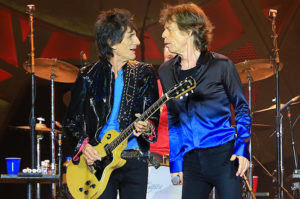
“They really sound authentic. We went in to cut some new songs, which we did. But we got on a blues streak. We cut 11 blues in two days. When we heard them back after not hearing them for a couple of months, we were ‘Who’s that’. Yes, it was the Stones. “It sounded so authentic, enthused Ronnie.”
Didn’t they always, said someone who still listens to ‘Beggar’s Banquet’ (me).
Keith Richards was speaking on BBC 6 on Friday just before Sunday’s BBC2 TV documentary telling the story of Keith’s formative years in Dartford, Kent, just after World War Two. The abolition of national service in 1960 (being called up into the British Army), Richards mused, made the Rolling Stones possible.

“My generation … you grew up automatically expecting to go to national service, or go in the army or something at 18. Up until I was 16 that was what you expected. There was no reason to think it was going to change.”
That’s so true. I’m quite a bit younger than Keith, but I had plans back then of joining the parachute regiment. (That seemed the most exciting of a bad lot.)
“But,” Keith carried on, “then my luck – right on the cusp they knocked it on the head, so suddenly this horizon opened up … suddenly (after 1960) these two years open up with their vista of possibilities. If I’d had to go in the army, there would have been no Rolling Stones. And possibly no Beatles, either.”
On the radio, on Friday, Keith dropped big hint that the Rolling Stones could also play gigs in Europe next year.
“It on the menu somewhere”, he said. Adding that he was hoping to bring the band back to the UK.

